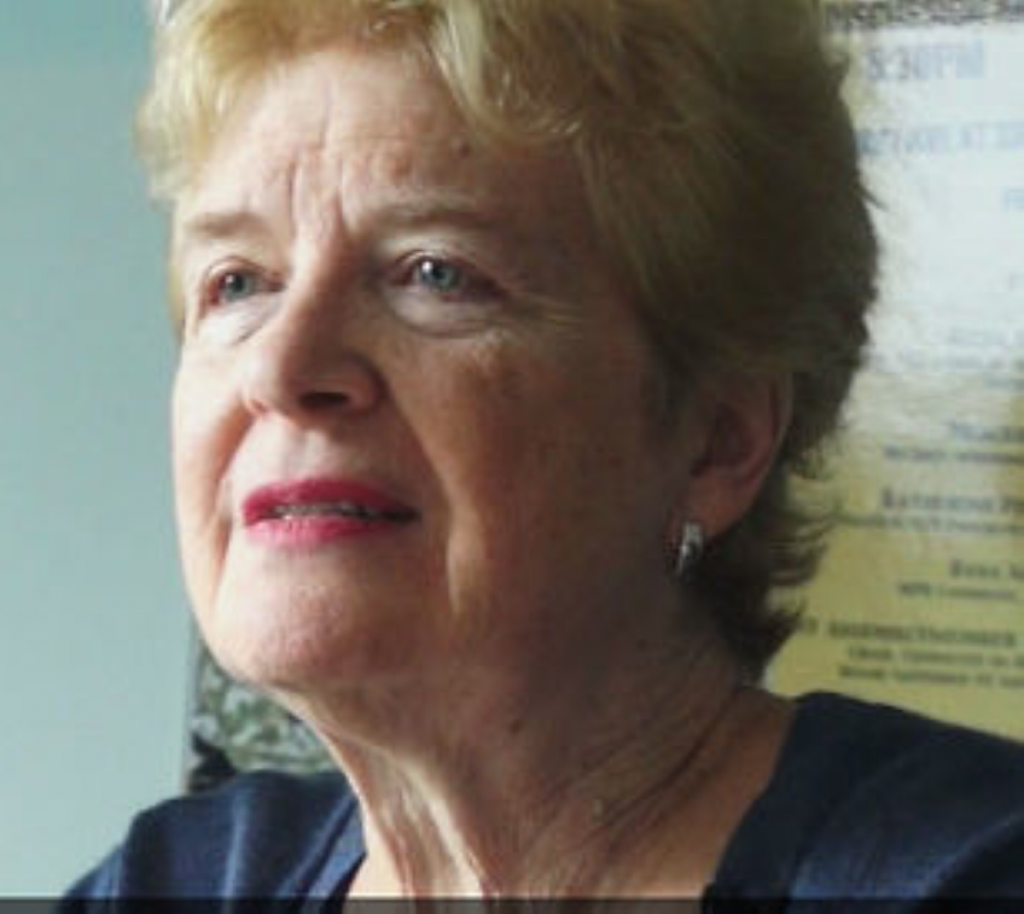Comment: How the war on terror turned doctors into torturers
By Martha Davis
When he first saw the Abu Ghraib photos, Dr. Steven Miles asked himself: "Where were the doctors while this was going on?"
Then he examined over 60,000 declassified documents for three years and wrote Oath Betrayed (2009). It is a meticulous account of how CIA and US Army doctors covered up injuries and deaths, provided legal cover, monitored torture procedures, and helped interrogators exploit the physical and psychological vulnerabilities of detainees.
Human rights activists and health care professionals have protested the role of doctors in the US torture program for several years, but this aspect of the torture scandal is rarely covered by mainstream media — until now, with the publication of Ethics Abandoned: Medical Professionalism and Detainee Abuse in the War on Terror.


It is the report of an independent task force supported by the Institute on Medicine as a Profession (IMAP) and the Open Society Foundations. The 20 members of the task force are a who’s who of military, health and legal professionals on medical complicity in detainee torture.
Steven Miles and six other members of this task force appear in my documentary, Doctors of the Dark Side, the first feature length film on what has been called "the greatest scandal in American medical ethics". Thanks in part to the media attention and their new report, distribution of my film has expanded from national to international release.
It was not easy to make a film about physicians and psychologists who are hidden, well-protected, and have never agreed to be interviewed on camera. In Guantanamo, military doctors use aliases or cover the names on their uniforms. In declassified reports of medical complicity, the doctors are not identified by name.
However, a few have been publicly identified. A senate armed services committee investigation concluded that psychologists James Mitchell and Bruce Jessen were contracted by the CIA to adapt the "enhanced interrogation techniques" from the torture methods of totalitarian regimes. Mitchell and Jessen now have a five million dollar legal defense fund from the C.I.A., should they be indicted for supervising detainee torture.
To make the film, we did have access to remarkably vivid CIA. and US Army instructions on how doctors were to monitor "enhanced interrogation techniques". Declassified 2002-2005 memos between the CIA Office of Medical Services and the Office of Legal Counsel are so explicit that their descriptions could be the script for a training video for the doctors assigned to detainee interrogations. So we made the doctors visible by staging demonstrations of what they were ordered to do.
A doctor shows interrogators how to avoid whiplash when slamming the detainee against a wall, checks a cut to ensure interrogators can continue the assault without permanent, tell-tale injury, records the amount of water taken in during waterboarding.
The scenes demonstrate procedures – not violence so graphic that it would distract from attention to the doctor. As the demonstrations play out, an actor reads the government orders in the even tones of an instructor. The words are so astonishing that the source and page number are briefly put on screen to show they were not made up.
The film also focuses on four detainees whose torture was facilitated by doctors. Three of them survived the torture, but cannot speak about it on camera. Their stories are told by their lawyers.
Other experts in the film discuss the far-reaching implications of assigning doctors to detainee interrogations, the aspects of the torture program that continue to the present day, and the lack of accountability for the complicit doctors. To date no formal complaint to a licensing board has been seriously investigated, and no doctor has lost his or her license for assisting torture – not even the psychologist who led the team that waterboarded a detainee 83 times.
Martha Davis is a psychologist expert in the video study of interview behaviour. In the 1990s her publications and educational videos caught the attention of detectives and federal investigators. Conferring with trained interrogators contributed to her research for Interrogation Psychologists, a documentary she produced in 2008. After four years researching how physicians and psychologists became involved in detainee torture, she assembled a team of film professionals to make Doctors of the Dark Side.
The opinions in politics.co.uk's Comment and Analysis section are those of the author and are no reflection of the views of the website or its owners.









